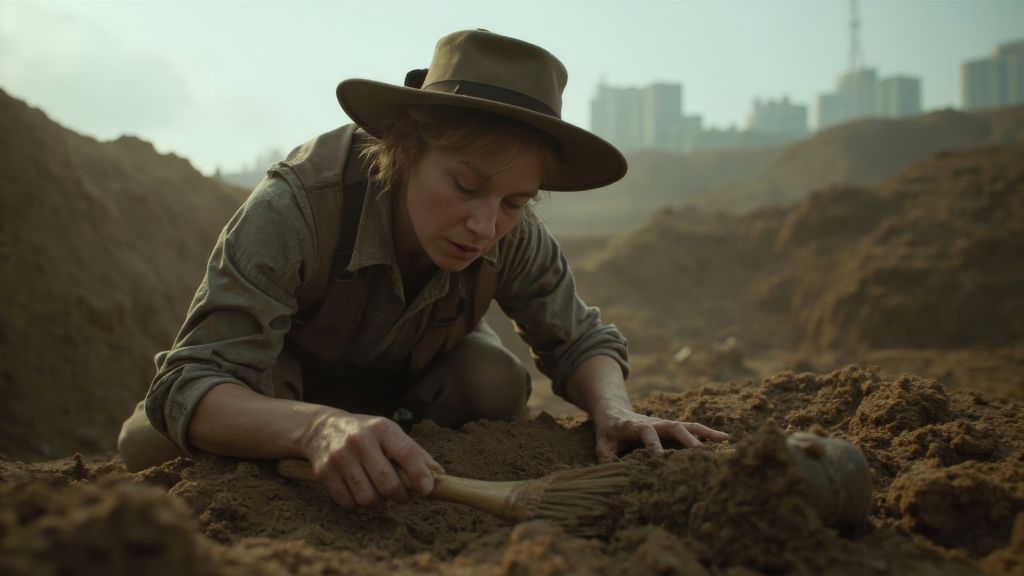
Every six months when you visit your dentist for your regular, biannual exam and cleaning appointment, your teeth tell her a story about your lifestyle and oral health. Whether you have cavities, uneven wear, or swollen or bleeding gums, there’s a lot the mouth can reveal about a person. In fact, the condition of teeth that are centuries old and have been unearthed in archaeological digs often reveal fascinating details about their owner, such as their age, diet, and even what kind of a society they lived in. That information can then be used to help give dentists a better understanding of teeth that they can use to improve modern oral health techniques. Here’s a closer look at how dental archaeology helps teach scientists about the past, so they can protect your smile in the future!
Age
One of the most interesting things archaeologists and scientists can learn about a person through their teeth is their age at the time of their death. The size, shape, positioning and growth of the teeth can shed light on whether they were a toddler, child, or adult. Often, wear patterns can even indicate their approximate age in adulthood, and even how that person ended up in that area of the world.
Genetics
Because DNA can be extracted from the teeth long after the rest of the body has decomposed, they can often shed light on whereabouts a person was from, including migratory paths and their overall health, and whether they were affected by diseases such as the plague! DNA can be matched to samples from other communities, helping to pinpoint where the person originated from even if their remains were located far from the rest of their homeland. It can even be used to find ancestors who could be alive today!
Diet
The wear pattern of the teeth unearthed at archaeological sites can shed light on what type of diet their owner ate. Teeth with typical wear patterns indicate that the person ate plenty of meat, indicating that they were likely a hunter-gatherer. In other cases, cavities on specific teeth can often reveal that the person also ate agricultural products in addition to meat.
How Scientists Use Archeological Data to Help Your Smile Today
While many modern advances in oral health can be made without the need for ancient specimens, finding teeth of our early ancestors still plays a vital role in understanding how our mouths have evolved over time, and what role our teeth have played in this transformation.
From dietary wear patterns to the origins of the tooth’s owner, dental archaeology can help teach us about our ancestors and how we’ve used our teeth over time.
About Dr. Harrison-McClain
Dr. Deidra Harrison-McClain earned her undergraduate degree in biology with a minor in chemistry from Tennessee State University, and her Doctor of Dental Surgery at Meharry Medical College in Nashville. She loves spending time with patients even in her free time and frequently volunteers with the Jamaica Awareness Association of California where she takes oral health mission trips to Jamaica with students from the Meharry School of Dentistry. To schedule a preventive exam and cleaning at Goodlettsville Smiles, please visit our website or call us today at 615-205-9550.

